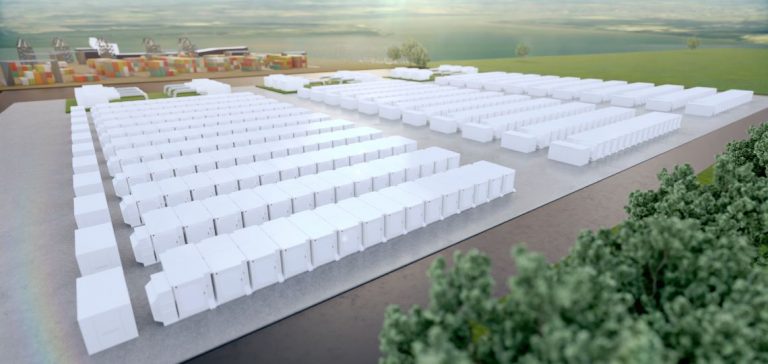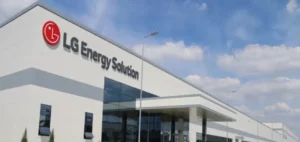Copenhagen Infrastructure Partners (CIP), through its Growth Markets Fund II (CI GMF II), has officially made the final investment decision (FID) for the Arena project, a 220 MW / 1,100 MWh Battery Energy Storage System (BESS) in the Antofagasta region of northern Chile. This project is one of the first large-scale standalone BESS projects to enter commercial operations in the country.
The Arena BESS project site benefits from a strategic location, situated in a region with world-class solar resources and close to existing transmission infrastructure as well as energy-intensive industrial clusters. With a storage capacity of 1,100 MWh, the facility will shift excess solar power generated during the day to provide renewable energy during the nighttime hours. This will help reduce reliance on fossil fuel power plants during periods of peak demand. The balancing services provided by the Arena BESS project will lower CO2 emissions and facilitate the integration of large-scale solar projects into the Chilean power grid.
Project Construction and Objectives
On-site construction will begin in the first quarter of 2025, with commissioning expected as early as the first quarter of 2026. This initiative demonstrates CIP’s commitment to growth markets and strengthens its long-term investment strategy in Latin America. Ole Kjems Sørensen, partner at CIP, stated, “We are excited to take this important step in deploying CIP’s first energy storage project in Chile, which will be one of the largest in the region. Through our Growth Markets Fund II, this cornerstone investment supports our long-term strategy in the region.”
Importance of Energy Storage for Chile
Peter Halmø, associate partner at CIP, added, “Arena BESS represents a significant milestone for our team and the first step in executing our large renewable project pipeline in Chile. The integration of solar projects into the energy system requires BESS projects to shift excess daytime generation to nighttime hours, making this technology essential for Chile to meet its ambitious renewable targets.”
The Arena BESS project will not only stabilize the Chilean power grid but also promote a transition towards cleaner and more sustainable energy sources. By storing excess solar energy, the system reduces the need for polluting energy sources during peak demand periods, thus contributing to climate change mitigation.
Copenhagen Infrastructure Partners’ Commitment to Renewable Energy
Founded in 2012, Copenhagen Infrastructure Partners P/S (CIP) is now the world’s largest dedicated fund manager within greenfield renewable energy investments and a global leader in offshore wind. CIP-managed funds focus on investments in onshore and offshore wind, solar PV, biomass, waste-to-energy, transmission and distribution, reserve capacity, storage, advanced bioenergy, and Power-to-X.
The Arena BESS project aligns with CIP’s vision of identifying and developing innovative and sustainable energy projects that meet the growing demand for clean energy while providing attractive risk-adjusted returns for investors.





















